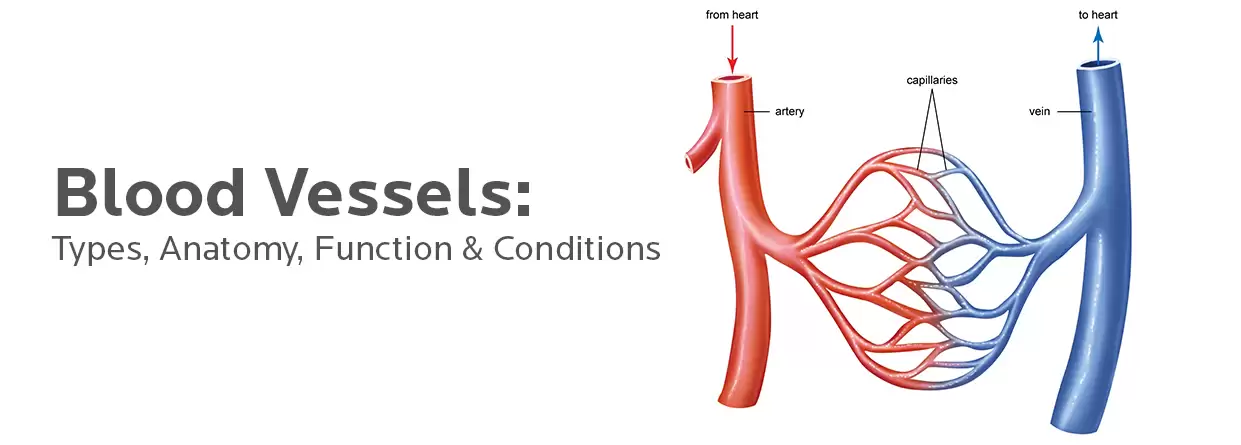Therapists, also known as counselors or psychotherapists, are mental health professionals who help individuals address emotional, psychological, and behavioral challenges. They provide a safe and supportive environment for clients to explore their thoughts, feelings, and experiences.
Types of Therapists
- Psychologists: Trained in psychology, they use various therapeutic techniques to help clients understand and address their mental health issues.
- Social workers: Focus on the social, emotional, and economic factors that affect individuals’ well-being.
- Counselors: Provide guidance and support to individuals, couples, or families.
- Psychiatrists: Medical doctors who specialize in mental health and can prescribe medications.
Therapeutic Approaches
- Psychotherapy: A general term for a variety of talk therapies that help clients explore their thoughts, feelings, and behaviors.
- Cognitive-behavioral therapy (CBT): Focuses on changing negative thought patterns and behaviors.
- Psychodynamic therapy: Explores unconscious conflicts and childhood experiences.
- Humanistic therapy: Emphasizes the client’s potential for growth and self-actualization.
- Family therapy: Helps families address interpersonal issues and improve communication.
- Group therapy: Provides a supportive environment for individuals to share experiences and learn from others.
The Role of Therapists
- Listening and understanding: Therapists provide a non-judgmental space for clients to express their thoughts and feelings.
- Providing support: Offering guidance, encouragement, and support throughout the therapeutic process.
- Teaching coping skills: Helping clients develop healthy coping mechanisms to manage stress and challenges.
- Facilitating change: Guiding clients towards positive change and personal growth.
The Benefits of Therapy
- Improved mental health: Therapy can help individuals manage symptoms of depression, anxiety, and other mental health disorders.
- Enhanced relationships: Therapy can improve relationships with loved ones and reduce conflict.
- Increased self-awareness: Therapy can help individuals gain a better understanding of themselves and their motivations.
- Improved coping skills: Developing healthy coping mechanisms can help individuals manage stress and challenges more effectively.
Finding a Therapist
Finding a therapist who is a good fit can be important. Consider factors such as the therapist’s approach, experience, and personality. There are also online resources and referral services that can help you find a therapist in your area.
Therapists play a vital role in helping individuals overcome mental health challenges and lead healthier, more fulfilling lives. By seeking the support of a therapist, you can take a proactive step towards improving your well-being.



